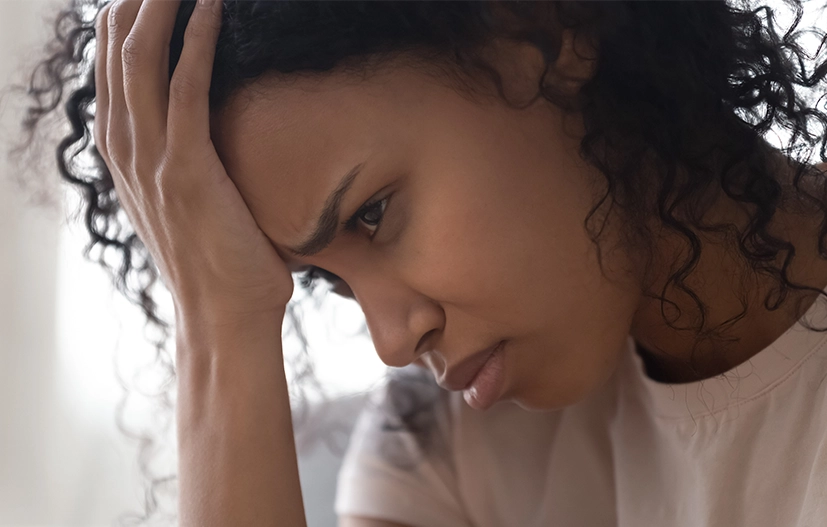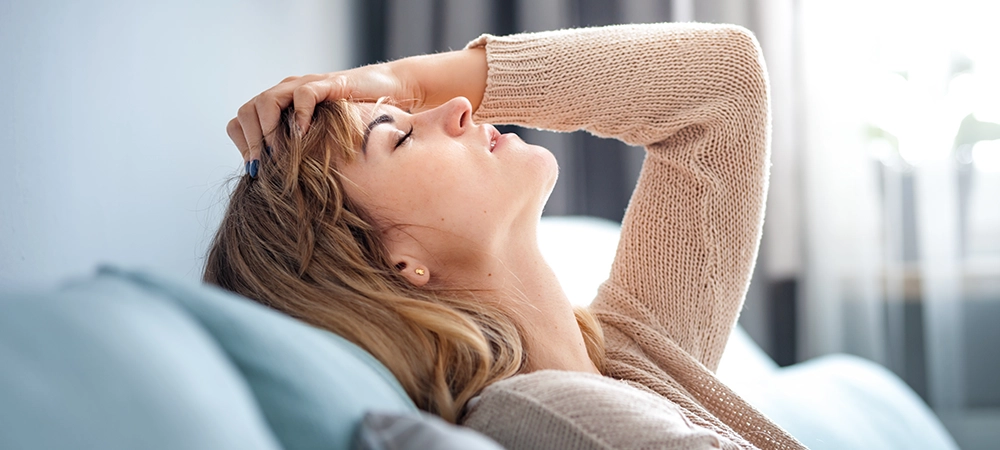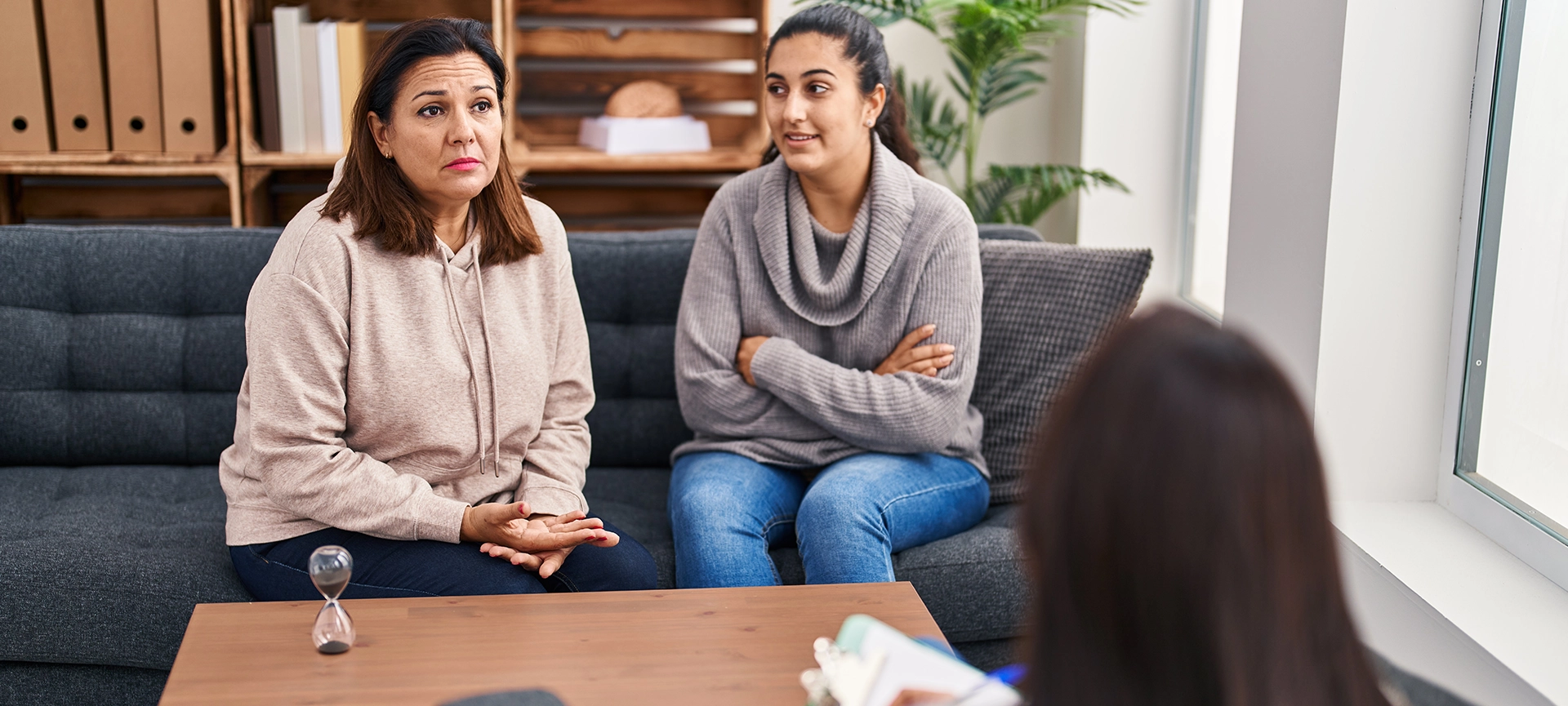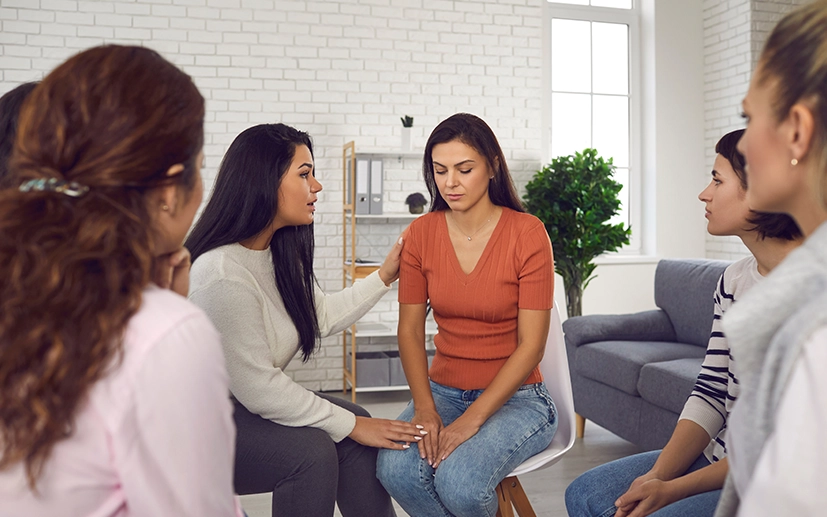
The Signs and Symptoms of Addiction
Addiction is a pervasive disease that affects everyone differently. While no one is immune to it, some are more vulnerable than others. There are also many different kinds of addictions. Many people become addicted to various substances such as drugs and alcohol. Others are addicted to certain behaviours or patterns that provide some sort of escape or release.
Either way, addiction is a struggle and many people go through it alone. Some don’t even realize they’re addicted until things have gotten out of hand. Others may be utterly oblivious to the struggle of someone close to them.
The best thing someone with an addiction can do is seek help, regardless of their stage. Here, we’ll dive into the various symptoms and signs of addiction that you can monitor in yourself, or watch for in someone else.
Physical Symptoms of Addiction
When someone becomes dependent on or addicted to drugs, many physical symptoms of addiction will appear. They can vary a little depending on the specific addiction and the individual, but some of the most common physical signs include:
- Sudden and rapid weight loss or gain
- Loss of energy and motivation
- Bloodshot eyes
- Slurred speech
- Unusually small or enlarged pupils
- Unusual body odours
- Poor coordination
- An unkempt appearance and lack of physical hygiene
- Insomnia
- Withdrawal symptoms when not using
Many of these things start slow and you may not notice that they’re getting worse. Many of them, on their own, may not necessarily be a cause for concern, either. But if you’re experiencing or noticing multiple signs and symptoms, this can be a good indication of addiction or that one is brewing.
Emotional Symptoms of Addiction
While the physical signs of addiction are noticeable from the outside, the emotional and psychological side can be more subtle. While these things can manifest in physical ways, the toll addiction takes on the mind of the sufferer shouldn’t be underestimated.
Just like physical symptoms, the emotional symptoms of addiction can vary from one person to the next. That said, some of the most common emotional symptoms include:
- Anxiety
- Depression
- Mood swings
- Agitation
- Irritability
- Memory problems
- Increased temper
- Angry or violent outbursts
- Lowered self-esteem and feelings of self-worth
- Worsening of existing mental health conditions
- Defensiveness
- Tiredness
- Poor judgment
- Paranoia
The emotional struggles that come with falling into addiction can become quite serious if left unchecked. They can make the addiction worse as you try to escape the negativity that’s entering your mind. This is why many programs offer mental health services as well as specific treatment for addictions with co-occurring disorders.
We specialize in this here at Lily Recovery as we understand that mental health and addiction often go hand-in-hand.

Social and Behavioural Symptoms of Addiction
Lastly, many addiction signs come in the form of behaviour and even social issues. When you’re dependent on something – be it a substance or even a behaviour itself – your overall behaviour tends to change. This affects both your personal life as well as your family, work situation, and even your social life.
Some of the most common behavioural signs of addiction include:
- Sacrifices. You may start giving up things you enjoy due to your addiction. For example, not attending an event because you won’t be able to access the substance, and/or you can’t afford it. Or, you may sacrifice time with loved ones to pursue the substance or behaviour.
- Neglecting work and family responsibilities. If you’re struggling with addiction you may find yourself slacking at work, not completing assignments, or struggling to even attend. Likewise, you may neglect to spend time with and pay proper attention to your immediate family, including your partner and/or children.
- Loss of hobbies and activities. Whether it’s taking fun classes or doing activities with friends, these things tend to languish when addiction comes into play. Perhaps you no longer have the money for it, you’d rather spend time pursuing the addiction, or you simply have no more motivation. Regardless, this is a common sign that addiction is taking over.
- Solitude and secrecy. You may find you’re spending more and more time alone so you can use the substance or engage in the behaviour in secret. This often stems from the guilt and shame associated with addiction and dependence. If you don’t want your friends and family to know how much you’re using, it’s a problem.
- Especially in the beginning, many people will deny that they have a problem as they won’t even realize it themselves. This is when those close to them need to notice that something is off.
- Legal issues. This doesn’t apply to all addictions, especially behavioural issues like gambling or video games. But, if your addiction involves illegal substances then you may find yourself in legal trouble. This can stem from acquiring the illegal substance itself, or from the poor judgment you’ll struggle with if you’re using it excessively.
- Financial struggles. Lastly, excessive use of any substance can easily lead to financial problems as they’re often expensive. If you’re choosing the substance over other important and necessary expenses, this is a clear sign that addiction has taken over.
For some, the behavioural and social signs of addiction are sometimes the most obvious, especially to others. Most of these can be spotted in those close to you if you’re paying attention. If you’re at all concerned about yourself or a loved one, we’re happy to offer help and guidance here at Lily Recovery.
Start Your Journey to Healing Today
Whether you’re in the early stages of addiction or it’s a long-term struggle, we’re here to help. Our women-only rehab program offers a quiet, private, and peaceful place for you to find healing and recover.
We accept women of all ages and from all walks of life so please don’t hesitate to reach out if you have any questions or want to arrange something. If you’d like to check yourself in, we can do this too – no special referral needed!



